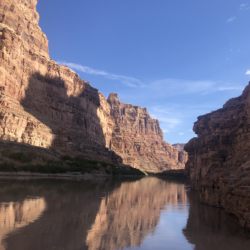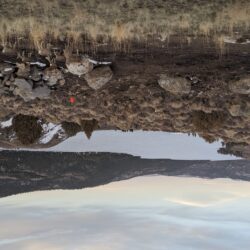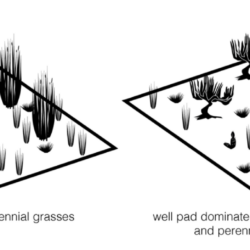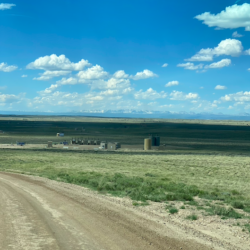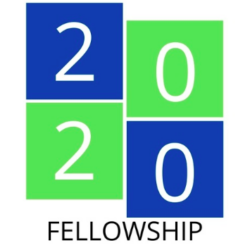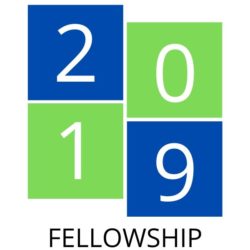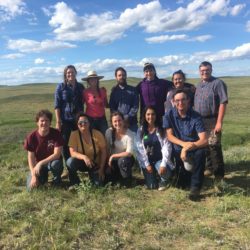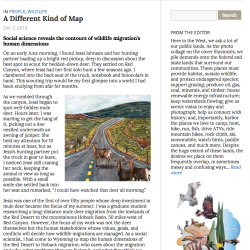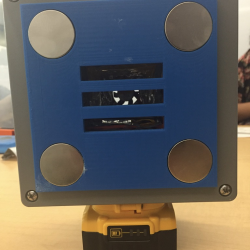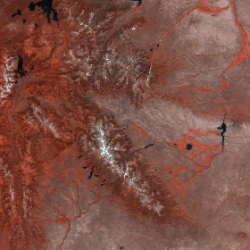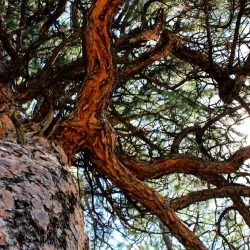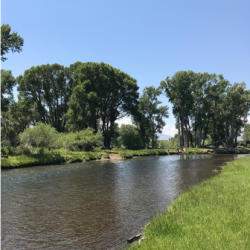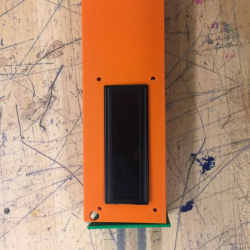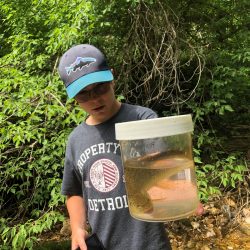Place, People, and Politics: A Short Reflection on a Summer of Research and Rivers in the American West—Mara MacDonell
Over the course of 14 days this August, I traveled down the calm waters of Labyrinth and Stillwater Canyons of the Green River and the raucous and roiling waters of Cataract Canyon on the Colorado River. I went on this journey after a summer of conducting interviews and thinking critically about the role of the Read more about Place, People, and Politics: A Short Reflection on a Summer of Research and Rivers in the American West—Mara MacDonell[…]

